Hiroshima Mon Amour (1959)
Hiroshima Mon Amour (1959)


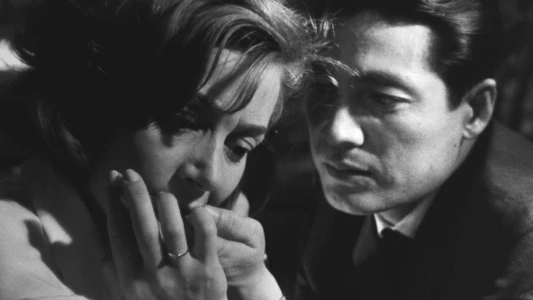
Plot.
Where to Watch.
 Rent
Rent Subs
Subs Rent
Rent Rent
Rent Rent
Rent Rent
Rent Free
FreeCurrently Hiroshima Mon Amour is available for streaming online, rent, buy or watch for free on: Apple TV, Criterion Channel, Google Play Movies, YouTube, Amazon Video, Fandango At Home, Darkroom
Streaming in:🇺🇸 United States

Cast & Crew.

Emmanuelle Riva
Elle
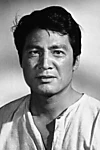
Eiji Okada
Lui
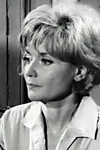
Stella Dassas
Mother
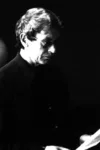
Pierre Barbaud
Father

Bernard Fresson
German Lover

Michio Takahashi
Director of Photography
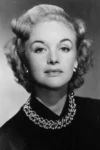
Moira Lister
(Dubbed Emmanuelle Riva)

Alain Resnais
Director

Anne Sarraute
Editor

Samy Halfon
Producer

Sacha Vierny
Director of Photography
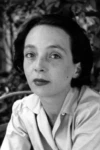
Marguerite Duras
Screenplay
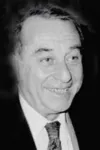
Anatole Dauman
Producer

Jasmine Chasney
Editor

Alexandre Marcus
Makeup Artist
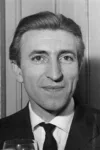
Henri Colpi
Editor
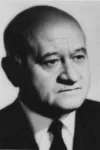
Giovanni Fusco
Original Music Composer

Minoru Esaka
Production Design

Gerard Collery
Costume Design

Takeo Shirakawa
Production Manager

Mayo
Production Design

Sacha Kamenka
Production Manager

Petri
Production Design

Georges Delerue
Original Music Composer
Media.

























Details.
Release DateJune 10, 1959
Original NameHiroshima mon amour
StatusReleased
Running Time1h 32m
Content RatingNR
Box Office$3,193
Genres
Last updated:
This Movie Is About.
Wiki.
Hiroshima mon amour (French pronunciation: [iʁoʃima mɔ̃n‿amuʁ], lit. Hiroshima, My Love, Japanese: 二十四時間の情事, romanized: Nijūyojikan no jōji, lit. 'Twenty-four hour love affair') is a 1959 romantic drama film directed by French director Alain Resnais and written by French author Marguerite Duras.
Resnais' first feature-length work, it was a co-production between France and Japan, and documents a series of intensely personal conversations (or one long conversation) over slightly more than a 24-hour period between an unnamed French actress and a Japanese architect. The film is notable for Resnais' innovative use of brief flashbacks to suggest flashes of memory, which create a nonlinear storyline.
Along with films such as Breathless (1960) and The 400 Blows (1959), Hiroshima mon amour brought international attention to the new movement in French cinema and is widely considered to be one of the most influential films of the French New Wave. In particular, it was a major catalyst for Left Bank Cinema.
You May Also Like.
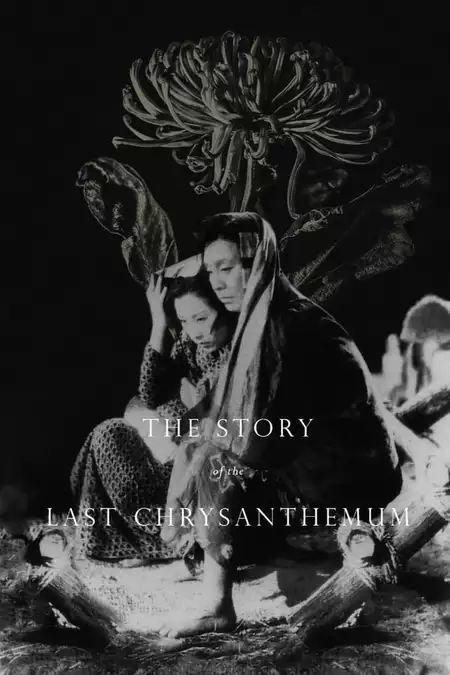
The Story of the Last Chrysanthemum (1939)

Outlaw (2007)
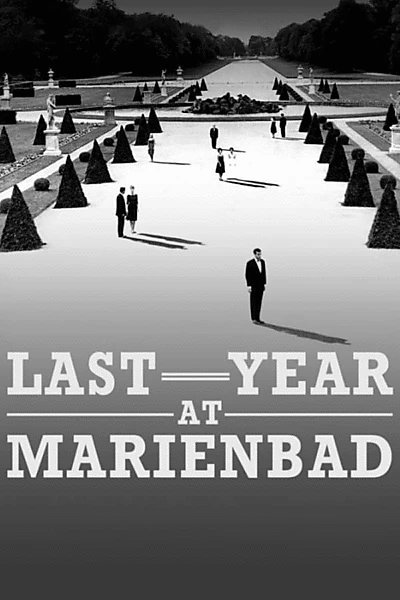
Last Year at Marienbad (1961)
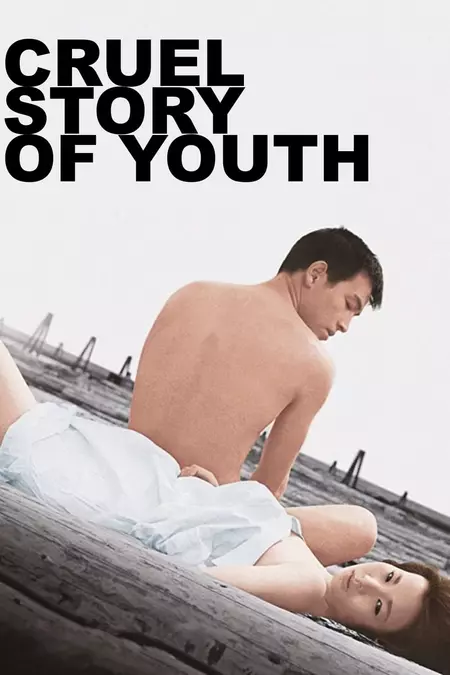
Cruel Story of Youth (1960)
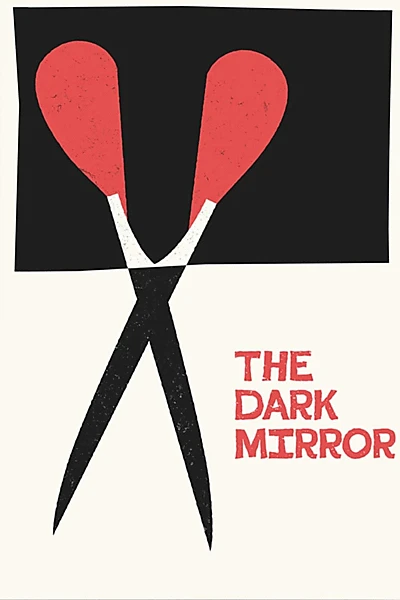
The Dark Mirror (1946)

Otakus in Love (2004)
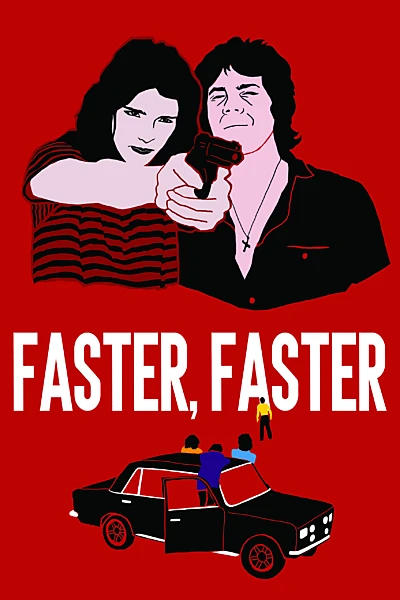
Faster, Faster (1981)
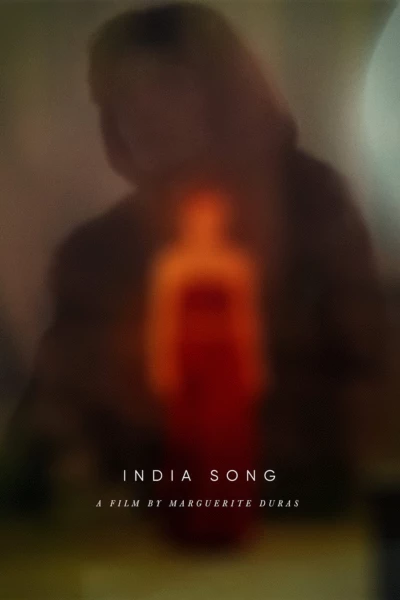
India Song (1975)
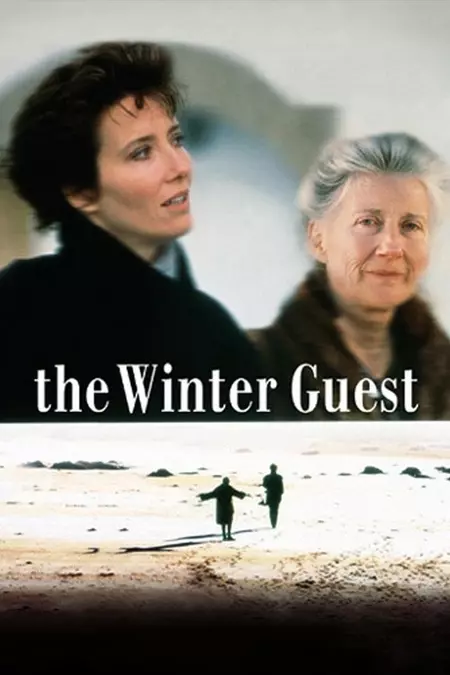
The Winter Guest (1997)
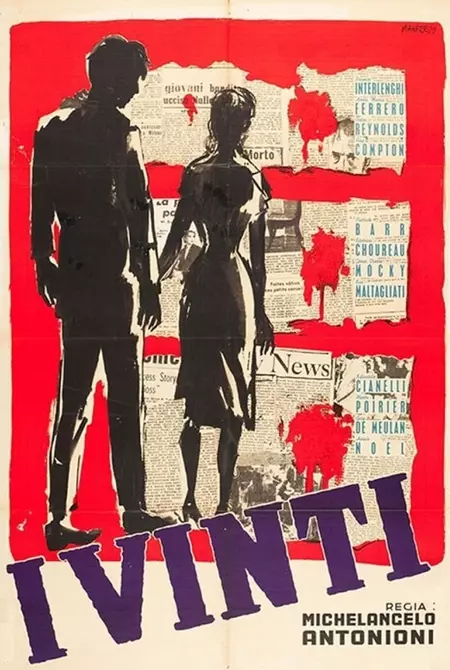
The Vanquished (1953)
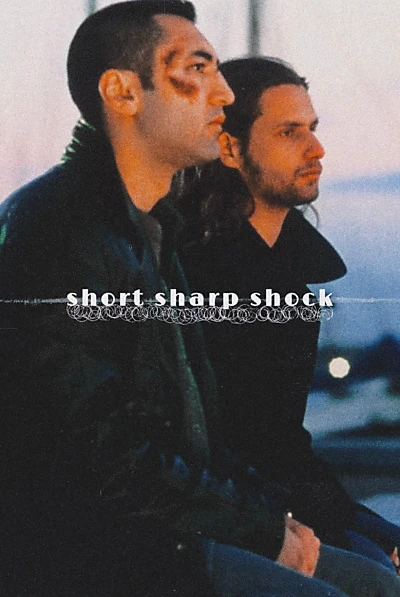
Short Sharp Shock (1998)
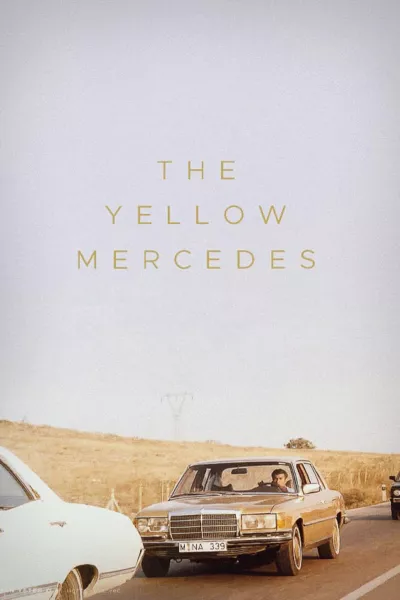
The Yellow Mercedes (1993)
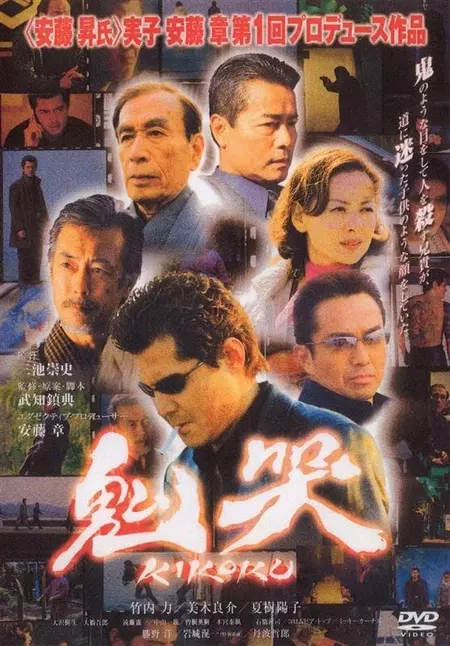
Yakuza Demon (2003)

In Our Day (2023)
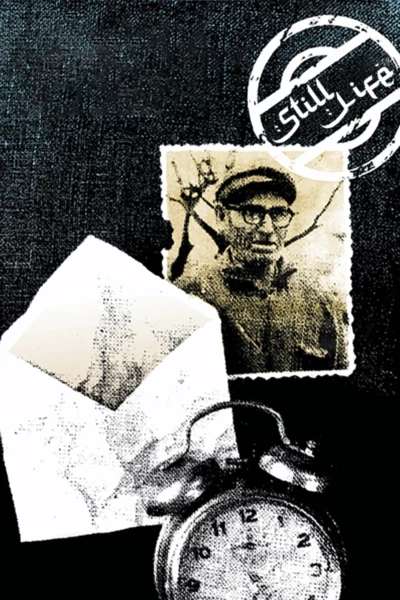
Still Life (1978)

L (2012)

For One More Hour With You (2005)
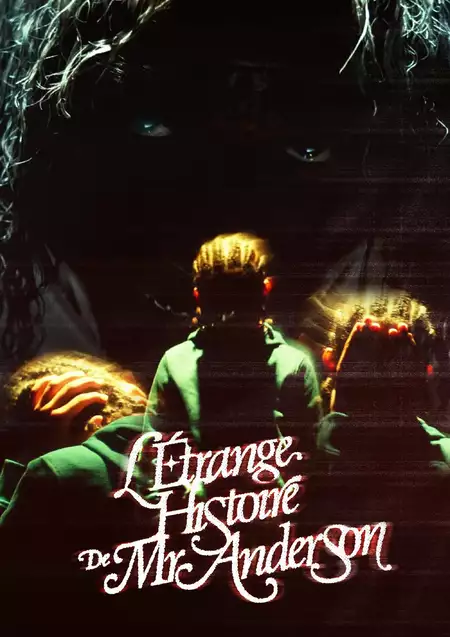
L'Étrange Histoire de Mr. Anderson (2021)


